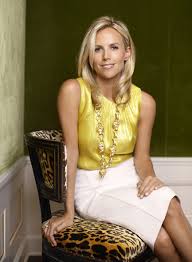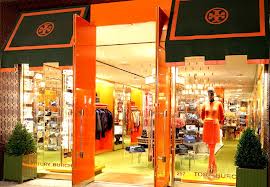 2013 has been a slow year for the newly unemployed professionals of the British Colombia film industry. Formerly the third largest film center in North America, British Colombia is currently facing external threats from Ontario and Quebec’s tax incentives, and is unable to compete. This is an example of when financial goals interfere with purpose. The premier of British Colombia, Christy Clark, is on a mission to balance the province’s budget, a task that does not allow for a tax credit at 25% of labor costs, the level at which it is in Ontario and Quebec. Rather, at 33% of labor costs, this credit is simply not attracting producers to British Colombia (Current production list: http://www.bcfilmcommission.com/about_us/film_list.php, shrunk from its high of 30 TV series at one time). It is incidents as such in which the issue of finance and regulation stops a company (or in this case an entire industry) from performing at its optimal potential. It raises the question as to whether a company should risk financial stability for innovation and potential for growth, or operate in favor of good financial statements. For the film industry, perhaps it would be wise to slightly lower the tax gap between the provinces, to ensure that workers don’t have to constantly move to where the next ‘A-List’ tax cut is.
2013 has been a slow year for the newly unemployed professionals of the British Colombia film industry. Formerly the third largest film center in North America, British Colombia is currently facing external threats from Ontario and Quebec’s tax incentives, and is unable to compete. This is an example of when financial goals interfere with purpose. The premier of British Colombia, Christy Clark, is on a mission to balance the province’s budget, a task that does not allow for a tax credit at 25% of labor costs, the level at which it is in Ontario and Quebec. Rather, at 33% of labor costs, this credit is simply not attracting producers to British Colombia (Current production list: http://www.bcfilmcommission.com/about_us/film_list.php, shrunk from its high of 30 TV series at one time). It is incidents as such in which the issue of finance and regulation stops a company (or in this case an entire industry) from performing at its optimal potential. It raises the question as to whether a company should risk financial stability for innovation and potential for growth, or operate in favor of good financial statements. For the film industry, perhaps it would be wise to slightly lower the tax gap between the provinces, to ensure that workers don’t have to constantly move to where the next ‘A-List’ tax cut is.
News coverage from a North Shore Studios film industry rally:
http://www.cbc.ca/player/Embedded-Only/News/BC/ID/2328286131/
sources:
http://www.cbc.ca/news/arts/b-c-film-industry-seeking-ways-to-survive-1.1402436
http://www.cbc.ca/news/canada/british-columbia/b-c-film-industry-rally-draws-thousands-1.1393384





